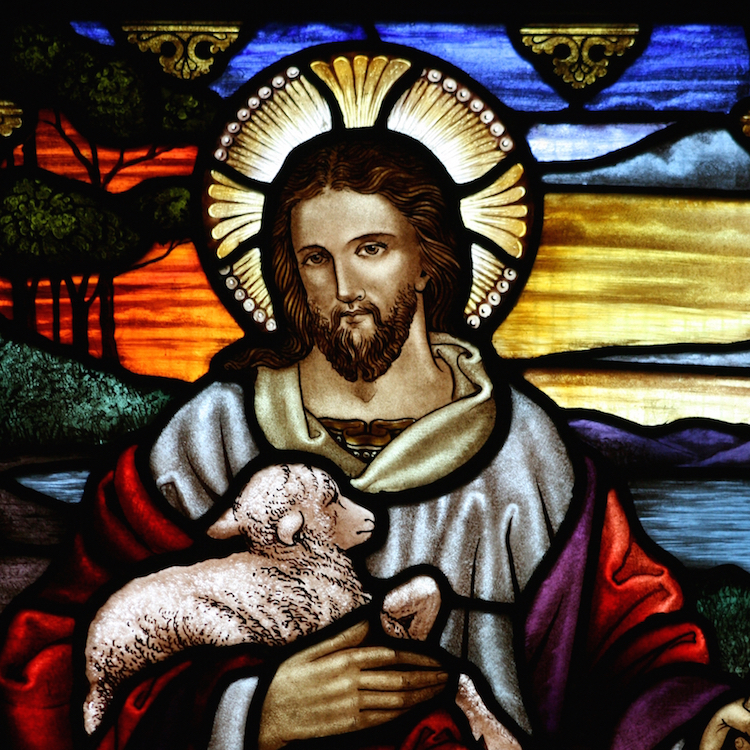When he, (the Shepherd) has driven out all his own, he walks ahead of them, and the sheep follow him, because they recognize his voice.
We have heard these words countless times.
They are comforting and heartwarming; they conjure up images of us as lost sheep on Jesus’ shoulders or of us hearing his voice through the Word proclaimed to us, through homilies, spiritual/biblical reflections.
They also impress in our minds the image of us following him, and feeling secure inside his fold.
This is all good, but not nearly enough to have the profound impact which Jesus would like to have on our life.
They would only make us feel good, protected and reassured about our divine Shepherd.
However, underneath it all, there would be the comforting knowledge that Jesus is also very “convenient” for us, were we to stray, to falter, to mess things up.
Yet we cannot forget that the relationship that Jesus initiated with each one of us is a rapport of infinite love, of infinite life and all this at the personal cost to him of infinite value: his blood on the cross.
The good shepherd lays down his life for the sheep.
This is something that we celebrate during the Easter season as the unique event which changed this world completely.
The lying down of Jesus’ life on the cross would have been the ultimate sign of his love…and, thus, heartwarming, beneficial, reassuring.
But that was only the beginning: his death was vindicated: he rose from the dead.
His death brought us all eternal life.
That love is not only the greatest, but it is life-giving love.
He expects, then, that we act as people who live with the profound, ever-abiding awareness of being saved and filled with God’s own Life.
I came that they might have life and have it more abundantly.
So our Shepherd is not just protective, loving, convenient to have around, He is our new Life.
The second implication of Jesus’ declaration of being our good Shepherd is the one of knowing us.
This is a simple fact that assures us that he, as our Creator, has the most detailed knowledge of even the darkest recesses of our hearts, of aspects of our personality still unknown to us.
There is no hiding, no rationalization, no hesitation allowed.
Either we reject his blood, his salvation or we embrace the logical consequences of his intimate knowledge: we get to know him.
Of course it is not that we could ever dream of knowing Jesus the way he knows us.
Knowing him means knowing what he wishes to do in us, for us, with us.
It also means being filled with unconditional trust and being completely docile to whatever he does to us with his Holy Spirit.
In this new dimension of being his sheep, anything short of a total surrender to his divine will would be pious “religious window-dressing.”
Here is an example of what I mean: Peter, as the leader of the Early Church, was required to conform to Christ’s wishes more than just in his mind/heart.
He had to do it officially, outwardly, and place his reputation, comfort and private life on the line.
Jesus had talked about one flock, one shepherd; about expanding the flock to include many more people.
And Peter might have agreed with that privately; but in order to be what the Lord intended him to be, he had, first, to overcome his prejudices about unclean foods and, then, officially, outwardly welcome gentiles into the Church.
That meant that peace, personal comfort and quiet would be rattled, initially; that there would have been problems for himself, and controversies, and headaches…
The same is true of us.
Consistency demands that if, today, we accept to be Jesus’ sheep, we accept also his design on us, his will, his plan and that we do so unconditionally, even if that means that our life might never be the same.







